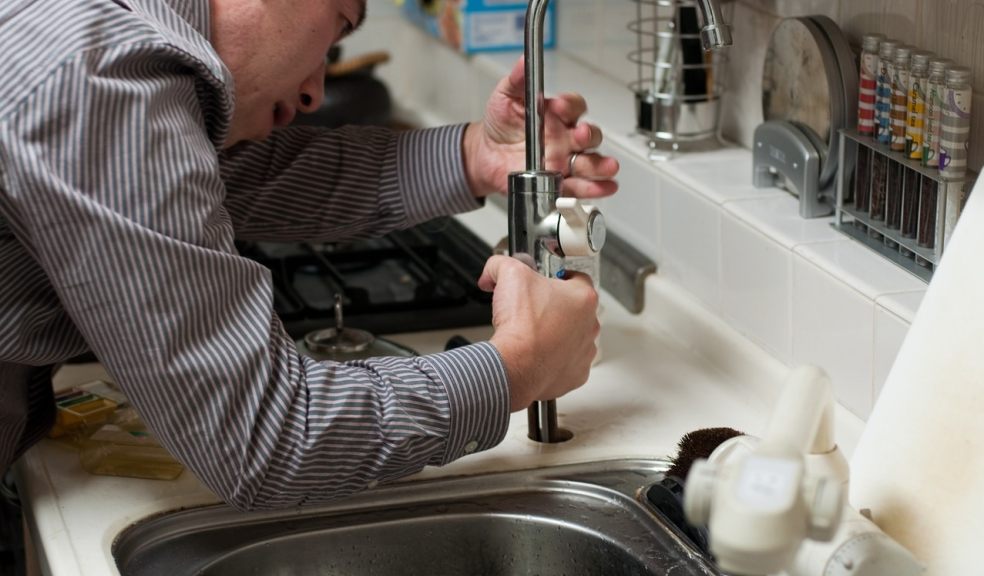
Understanding and Avoiding Common Plumbing Pitfalls: Expert Insights for Werribee Homeowners
You might think plumbing issues are just minor annoyances, but they can lead to serious complications if left unchecked.
By understanding the risks associated with unqualified repairs and DIY attempts, you can make informed choices about your plumbing maintenance.
Curious about how tree roots could be infiltrating your system and what that means for your home? There's more to uncover that could save you time and money.
For those seeking specialized assistance, Cre8flow Drain Services is here to help with your drainage issues.
Key Takeaways
- Regular inspections of plumbing systems can prevent severe blockages and ensure efficient function, especially in older homes with complex plumbing.
- Terracotta pipes require frequent checks due to their susceptibility to corrosion, cracks, and tree root intrusion.
- Unqualified repairs can lead to leaks, improper drainage, and further plumbing complications, making professional assessment essential.
- DIY repairs often worsen plumbing issues; using non-compliant materials can lead to poorly sealed joints and leaks.
- Tree root infiltration can cause significant blockages and pressure on pipes, necessitating professional intervention for effective resolution.
Common Drain Issues
In older homes, you often face common drain issues that can escalate quickly if not addressed promptly. Ageing sewer and stormwater systems frequently lead to clogs and backups, which can disrupt your daily routine.
Tree root intrusion is another significant concern, as roots can invade and damage pipes, resulting in costly repairs. What starts as a minor inconvenience, like slow drainage, can evolve into a major issue if ignored.
Additionally, older homes typically have more complex plumbing systems, making it crucial to stay on top of maintenance. Regularly inspecting and maintaining your drains can prevent severe blockages and guarantee your plumbing functions efficiently.
Risks of Terracotta Pipes
Terracotta pipes, while once popular, pose significant risks due to their susceptibility to corrosion and damage over time.
Their rigid nature makes them prone to cracks and sagging, which can lead to costly repairs. You might notice issues like loose joints or fractures, increasing the likelihood of tree root intrusion.
If you've got older installations, effective root barriers are often missing, making your plumbing even more vulnerable.
Regular inspections are essential to catch potential problems early, ensuring your plumbing system remains functional.
Ignoring these risks could escalate into more severe issues down the line, so it's vital to stay proactive about your plumbing maintenance.
Don't let terracotta pipes become a headache—address these risks before they turn into bigger problems.
Consequences of Unqualified Repairs
Unqualified repairs can lead to a cascade of plumbing problems that compromise the integrity of your system. You might think you're saving money, but the consequences can be costly in the long run.
Here are some potential issues you could face:
- Compounded Problems: Multiple unskilled repairs can create a series of complications, worsening your plumbing issues.
- Poor Seals: Unqualified work often results in poorly sealed joints, leading to leaks and further damage.
- Improper Drainage: If pipes aren't angled correctly, water may not drain properly, causing backups.
- Debris Blockages: Leftover construction debris can clog pipes, exacerbating existing issues.
To avoid these pitfalls, consider getting a professional assessment to rectify past mistakes and guarantee your plumbing system functions smoothly.
Problems From DIY Repairs
DIY repairs often lead to more harm than good, as improper techniques can exacerbate plumbing issues and create new ones.
You might think a quick fix with duct tape or harsh drain chemicals will solve the problem, but these methods can corrode pipes or make blockages worse.
If you've inherited a home with questionable DIY repairs, you could be facing compounded plumbing problems that require more extensive work.
Additionally, using non-compliant materials often results in poorly sealed joints, leading to leaks and further damage.
Without proper knowledge and skills, your DIY attempts might lack durability and safety.
For effective and lasting solutions, it's best to call in professional plumbing services who can assess and resolve the issues correctly.
Impact of Tree Root Infiltration
If you've dealt with faulty repairs or blockages, tree root infiltration could be a significant factor worsening your plumbing issues. Roots from nearby trees can invade aged pipes, leading to severe complications.
Here are some impacts you might face:
- Severe Blockages: Roots can create major clogs, limiting water flow.
- Pipe Damage: Increased pressure from roots can crack or break pipes.
- Costly Repairs: Resolving root intrusion often requires professional assistance and extensive repairs.
- Water Backup: Blocked pipes can cause sewage overflow, leading to unsanitary conditions.
Regular inspections and preventative measures can help you avoid these issues and maintain your plumbing system's health.
Don't wait for a problem to escalate; address potential root invasions early!
Frequently Asked Questions
How Often Should I Schedule Plumbing Inspections for My Home?
You should schedule plumbing inspections at least once a year. This helps catch potential issues early, especially in older homes. Regular check-ups can prevent costly repairs and guarantee your plumbing system functions smoothly.
What Are the Signs of a Plumbing Emergency?
If you notice sudden leaks, unusual sounds, or water pooling, it's likely a plumbing emergency. Don't ignore foul odors or fluctuating water pressure either; they're signs that require immediate attention to prevent further damage.
Can I Prevent Tree Roots From Invading My Pipes?
You can prevent tree roots from invading your pipes by planting trees away from plumbing lines, installing root barriers, and scheduling regular inspections. Keeping your pipes well-maintained also helps minimize potential damage from root intrusion.
What Plumbing Materials Are Best for Older Homes?
For older homes, opt for durable materials like PVC or HDPE. They resist corrosion and tree root intrusion better than traditional terracotta. Regular inspections and maintenance will help guarantee your plumbing system remains in good shape.
How Do I Choose a Qualified Plumber?
To choose a qualified plumber, check their credentials and experience. Read reviews, ask for references, and make certain they have proper insurance. A reliable plumber should communicate well and provide a clear estimate before starting work.
Conclusion
To summarize, staying informed about common drain issues, the risks of terracotta pipes, and the consequences of unqualified repairs can save you time and money.
Avoid the pitfalls of DIY repairs that might worsen your plumbing problems.
Remember, regular inspections and professional services from experts like Cre8flow Drain Services are essential for maintaining a healthy plumbing system.
By taking these steps, you'll ensure your plumbing runs smoothly for years to come, giving you peace of mind in your home or property management.













